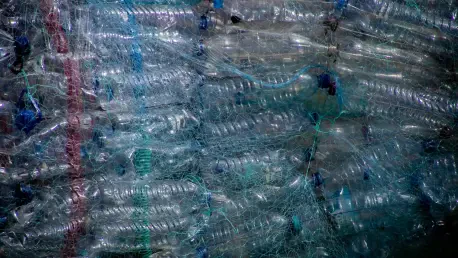
A staggering environmental liability is accumulating across the Middle East and North Africa, where a burgeoning waste crisis is now inflicting an estimated US$7.2 billion in damages each year, posing a significant threat to public health and long-term economic stability. A new World Bank report,

A Defining Battle for the Future of Local Broadcasting A major proposed merger in the broadcast television industry has drawn sharp opposition from a prominent rural advocacy group, placing the interests of small-town America at the center of a high-stakes regulatory debate. The NTCA—The Rural

The decision to raise household water and sewerage charges by 8.7% across Scotland has ignited a critical debate about the delicate balance between maintaining vital public services and ensuring they remain affordable for everyone. As bills are set to increase, the question on many minds is whether

That familiar kitchen drawer overflowing with unused plastic forks, soy sauce packets, and napkins from countless takeout meals is now the target of New Jersey’s latest environmental legislation. In a decisive move to stem the tide of single-use plastic pollution, the state has enacted a new law

The pristine forested catchments that supply over two-thirds of Melbourne's drinking water serve as magnificent natural filters, but they also harbor a significant vulnerability to the destructive force of bushfires. When fire sweeps through these vital areas, it leaves behind a scarred landscape

A technology hailed as a cornerstone of agricultural climate solutions is now at the center of a federal firestorm, with critics alleging that hundreds of millions in taxpayer dollars are subsidizing a system that deepens rural pollution rather than solving it. This conflict revolves around